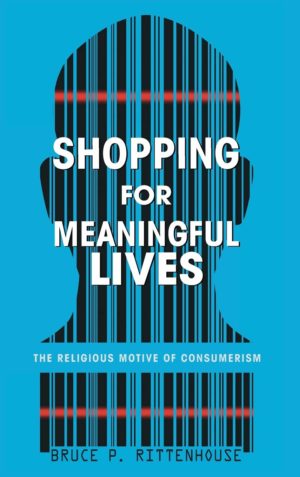Shopping for Meaningful Lives: A Christian Existential Reinterpretation of the Moral Motivation of Consumerism Through the Theology of Paul Tillich
Team Members/Contributors
About this dissertation fellowship
My dissertation investigates the moral motivations which drive the phenomenon of consumerism, which I define as a way of organizing and giving meaning to individual human life that is characterized by an insatiable desire to purchase economic goods. I will empirically critique four existing theories of consumerism’s motivations by comparing consumer behavior data from the economics and marketing literatures with the thought of four emblematic thinkers who represent these theories: John Paul II, John Kenneth Galbraith, Thorstein Veblen and Colin Campbell. I will then employ a constructive theological ethical methodology based upon Paul Tillich’s method of correlation and theology of culture to propose that consumerism is an existential stance in response to the threat of meaninglessness, and as such, represents a flawed working solution to a religious question that Christians believe can finally be answered only through Christ. I will seek to validate this constructive stance through the same empirical method I employed to critique the four existing theories. I hope to demonstrate the implicit religious functionality of consumerism, and to disclose the fundamental contradiction between consumerism and existential Christian faith, which has significant implications in the United States where consumerism and church affiliation are both widespread and overlapping phenomena.
| Image | Title | Year | Type | Contributor(s) | Other Info |
|---|---|---|---|---|---|
| "Shopping for Meaningful Lives: A Christian Existential Reinterpretation of the Moral Motivation of Consumerism through the Theology of Paul Tillich" | 2010 | Dissertation |
Bruce Rittenhouse |
||

|
Shopping for Meaningful Lives: The Religious Motive of Consumerism | 2013 | Dissertation Book |
Bruce Rittenhouse |